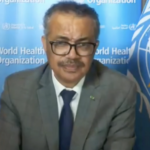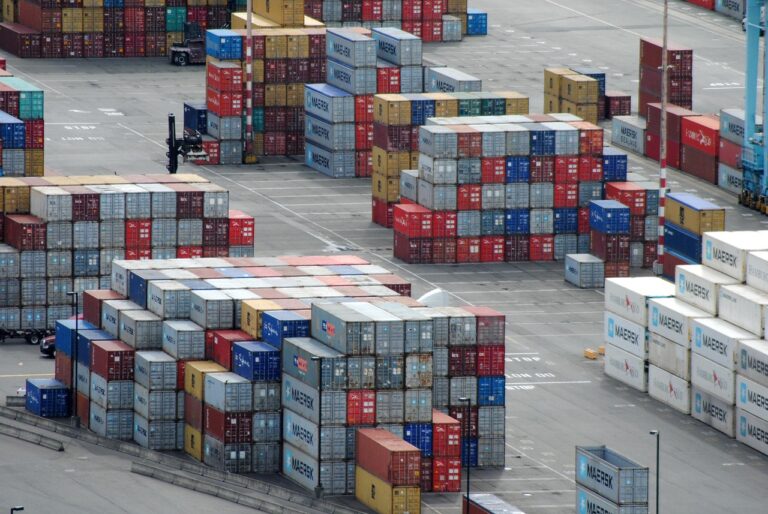
Geneva/London: The World Health Organisation is establishing a new Council on the Economics of Health for All, chaired by Professor Mariana Mazzucato, to focus on the links between health and sustainable, inclusive and innovation-led economic growth, the WHO stated here today, informing that the WHO Director-General Dr. Tedros Adhanom Ghebreyesus talked about it during a panel discussion on the intersection of health and economics at the London School of Economics (LSE) on March 17, 2021.

The Council is being set up in the wake of COVID-19 pandemic that has not only “exposed and exploited” the gaps in the health systems and the inequalities of the societies, but has “overwhelmed” health systems in even the world’s strongest economies. Professor Mazzucato is Professor in the Economics of Innovation and Public Value at University College, London.
“The time has come for a new narrative that sees health and health systems not as costs, but investments that are the foundation of productive, resilient and stable economies,” Dr. Ghebreyesus told the LSE panelists, while stressing that “we need to elevate health as a social goal, making it a core objective of economic policies”.

He argued that what was needed along with more investment in public health was to rethink how one values health: “In some public debate, the response to the pandemic has been framed as a choice between health and the economy. But that’s a false choice. We do not have to choose between lives and livelihoods. They always go together.”
According the the WHO D-G, the pandemic had made the case all too clearly: “health and the economy, development and stability, are integrated and inter-dependent.” In some public debate, he said, the response to the pandemic has been framed as a choice between health and the economy. “But that’s a false choice. We do not have to choose between lives and livelihoods. They always go together.”
However, he pointed out that not all investments in health were created equal, and how countries finance health could also have implications beyond the health sector. “For example, linking health insurance to employment can cause significant inequalities in societies with a large informal sector, or when a sudden economic downturn causes job losses, as we have seen with COVID-19,” he illustrated his point.
Making a strong case for investments in health systems that he said don’t just prevent damage, but can also boost the economy, Dr.Ghebreyesus said for years, WHO had been trying to make the economic case for investing in health.
Citing the example of the UN Commission on Health Employment and Economic Growth, which has projected the creation of about 40 million new health sector jobs by 2030 globally, he said, “This is critical for health, but also means that more people will receive a regular salary”.
He further argued that because women make up 70% of the global health workforce, jobs for health workers were also an investment in gender equality.
“But the economics of health go far beyond the health system itself. In fact, the most cost-effective investments in health are those that prevent or delay people needing to use the health system, by addressing the reasons people get sick and die – in the food they eat, the water they drink, the air they breathe, and the conditions in which they live and work, he said. In this respect, he cited examples of countries spending billions treating lung cancer instead of stopping the scourge of tobacco; treating obesity, diabetes and heart disease instead of promoting healthy diets; treating injuries instead of making roads safer; treating depression instead of promoting mental health; and responding to outbreaks instead of investing in preparedness.
“We need to make different choices,” he said, emphasizing that addressing the key public health challenges of today and the coming years required “that we reach beyond the health sector to tackle the social, economic and commercial determinants of health”.
“We know, for example, that taxes on tobacco help to reduce consumption, and similar approaches are needed to address the health effects of alcohol, sugar and fossil fuels,” he explained.
– global bihari bureau





